The Issue of Waste Management
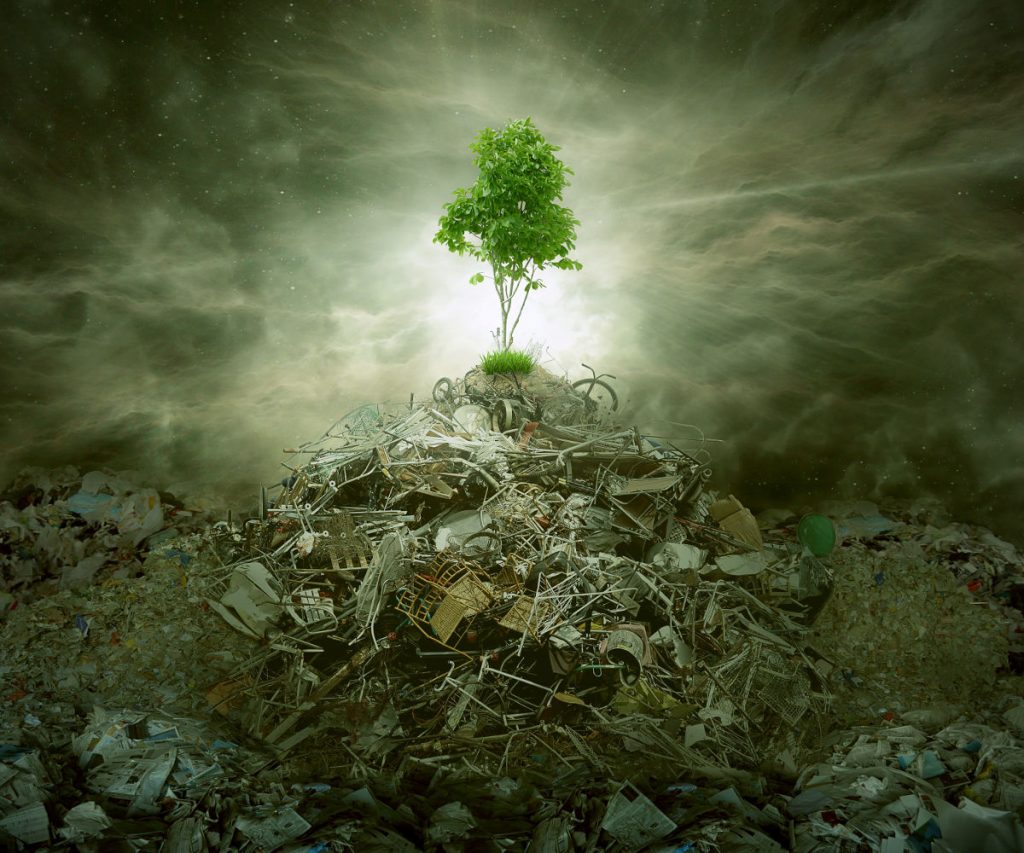
The issue of Waste Management is relevant to everyone. Have you checked your garbage lately? Are you aware that you are throwing away many materials that could be saved? If we did simple things like reusing glass, we could reduce our community landfill sites. Wastes are substances that have no further economic use. If disposed […]
Etisalat Trains Sanitation Ambassadors in Kwara State
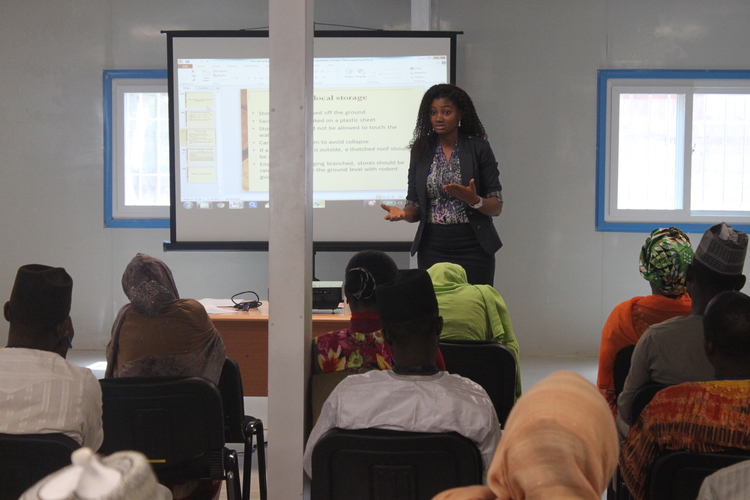
Etisalat Nigeria has yet again demonstrated its commitment to community development and environmental preservation with the training of 10 ‘Waste Management Champions’ as well as the donation of waste disposal bins and other ancillary items to Adewole-Adeta community in Ilorin, Kwara State. Etisalat affirmed this during the launch of its Community Sanitation Support Programme (CSSP) in […]
Environmental Hazards

A hazard is something which is known to cause harm. It is a source of danger to the health. Thus, environmental hazard is a broad term used in defining occurrence such as earthquake, and pollution. These occurrences are brought about by natural forces on the earth surface and human activities. Environmental hazards can be a gradual […]
Afforestation – Protecting Our Forest and Future

Afforestation – Protecting Our Forest and Future. The need to preserve our forest to improve the quality of trees has become more important than ever. In Nigeria, afforestation is of critical importance, as the whole country has been ravaged by many environmental problems. Many of our thick forest with valuable trees have been destroyed. People […]
Drainage Systems in Nigeria
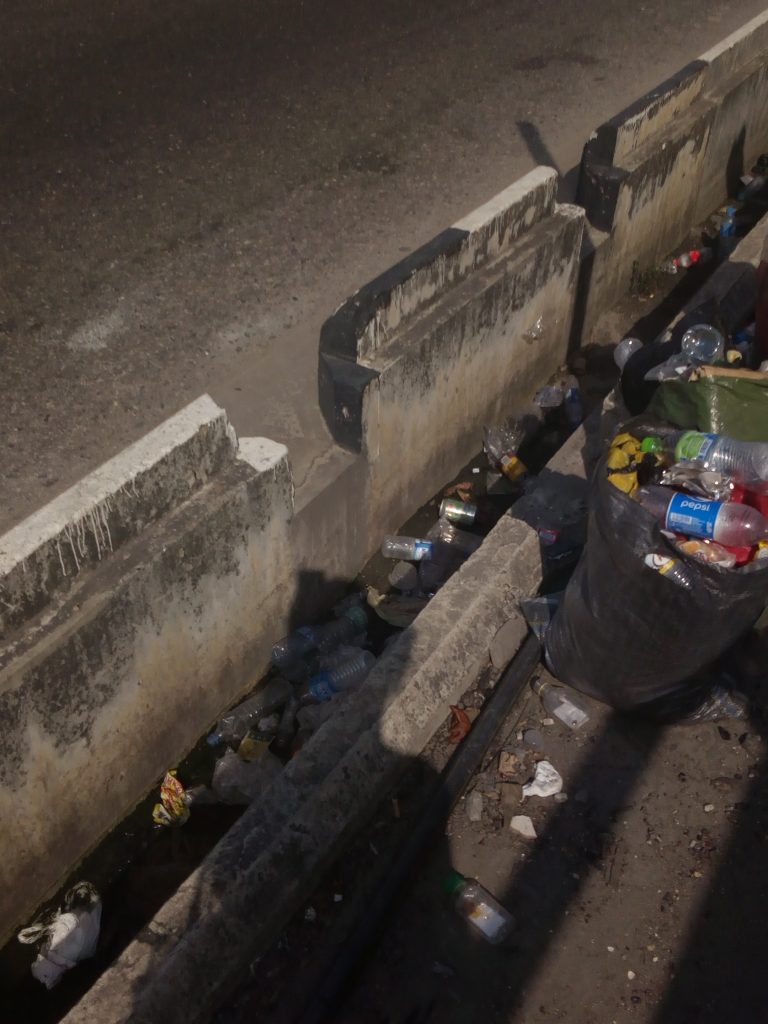
As we all know, its rainy season in Nigeria and in order to avoid floods, it is important to have effective drainage systems. This will ensure free flow of water during and after heavy downpour. Drainage systems are constructed to ensure that waste water and sewage is transported neatly to disposal points, thereby keeping the […]
The Importance of Biodiversity Conservation

Biodiversity Conservation is an important environmental issue. Without a proper balance between all life forms and ecosystem, there will be a loss of life forms. The existence of plants and animals in an environment can be referred to as biodiversity. Simply put the whole set of life forms that exist on this earth. Biodiversity conservation is […]
Horticulture and The Environment
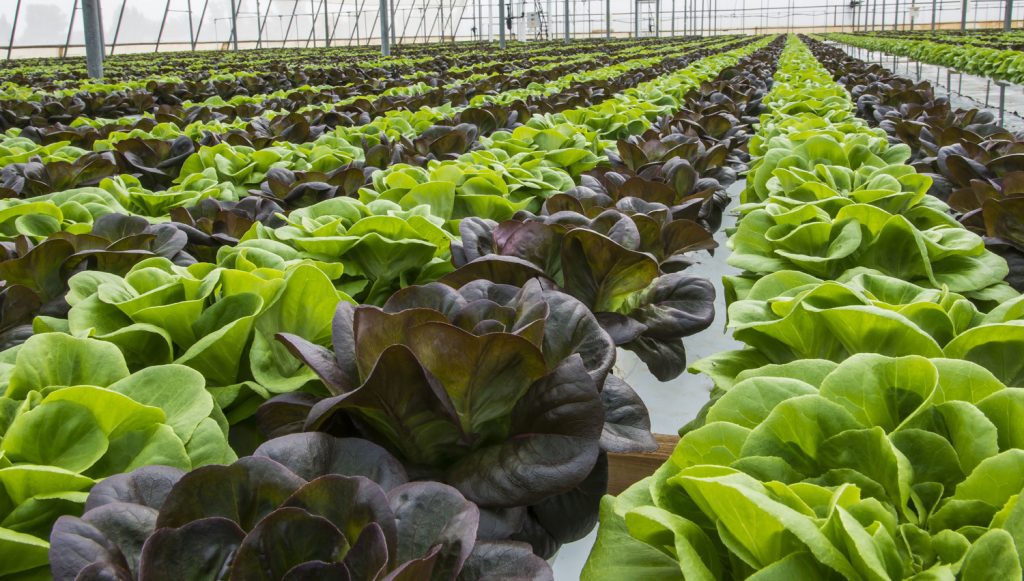
Horticulture impacts our lives on a daily basis. It provides us with nutritious fruits and vegetables, offering visual enjoyment, and promoting recreational activities. Horticultural production is primarily involved in the intensive use of resources, such as land, water, labour and inputs such as fertilizers and pesticides. The use of such resources in a concentrated space […]
Norway to Have Only Electric-Powered Cars by 2025

In another eight years, Norwegian roads will only have electric-powered cars with zero-emission of dangerous gas and fumes. As at the end of 2016, Norway already had 100,000 zero-emission cars on the road, as reported on the Norwegian government portal. By 2025, the report says, all of the cars on Norway’s roads could be electric. […]
Why Honeybees Are Beneficial to the Environment
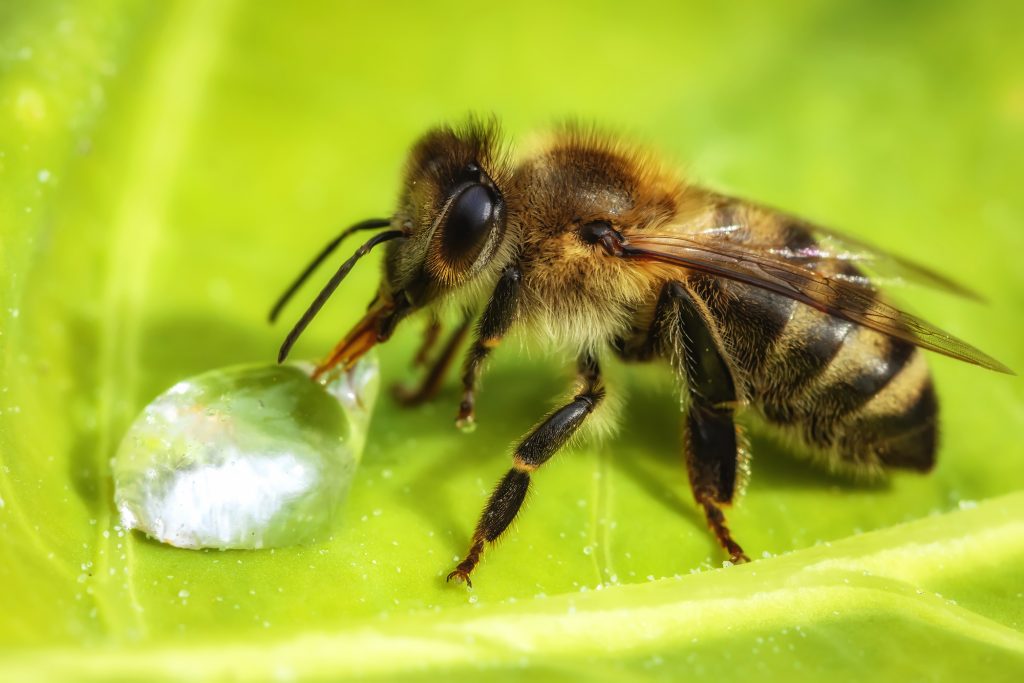
Bees are some of the world’s hardest working creatures, and humans have a variety of things to thank these little insects for. They provide great services to the farming community and the environment. Honeybees are perhaps the most important pollinator operating in the agricultural industry. Pollination is, basically, transferring grains of pollen from one plant […]
WONDERBAG – A RECIPE FOR CHANGE

Globally, 3 billion people rely on solid fuels to cook, causing serious environmental and health issues which affects women and children. Every year, smoke inhalation from these fires and indoor air pollution kills over 4 million people and sickens many others. The Wonderbag was developed to ease the social, economic and environmental impacts of these […]
